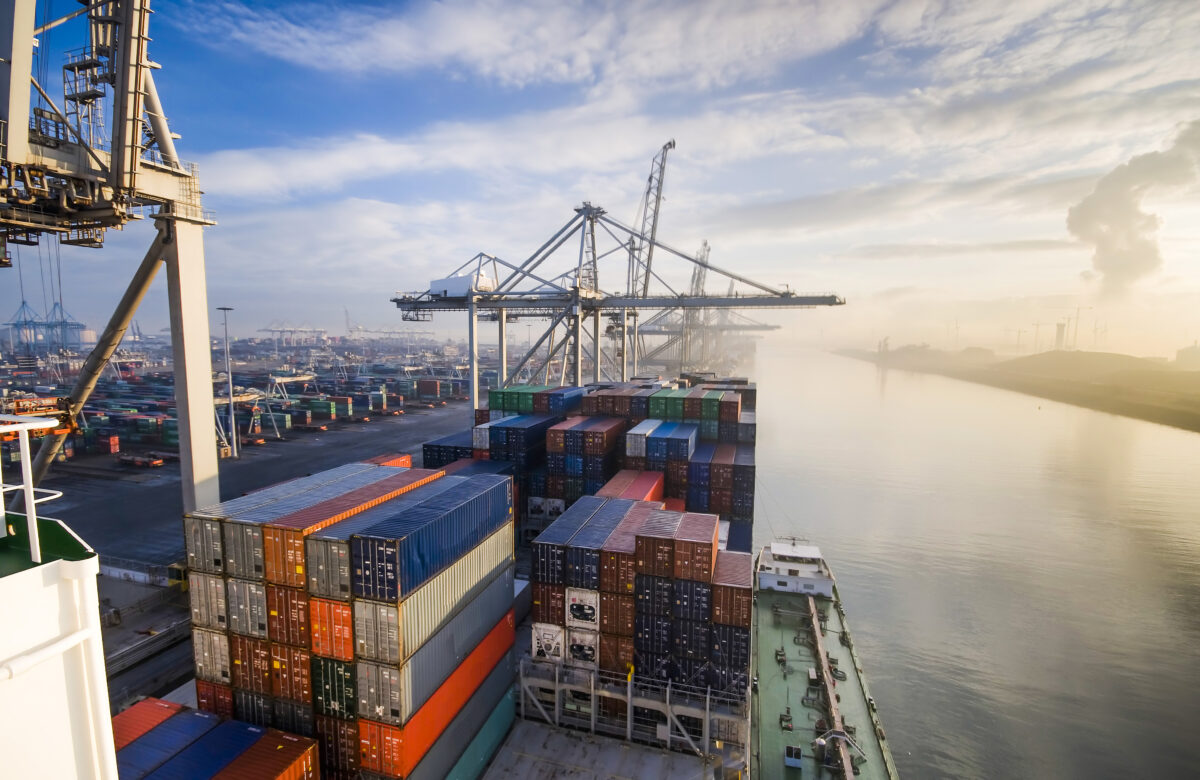Great Britain has taken another important step towards leaving the European Union. The Taxation (Cross-border Trade) Act (TCBTA) was launched on 13th September 2018. The TCBTA is necessary to prepare for the withdrawal of the United Kingdom, also in view of its connection to the internal market and the customs legislation of the Union.
Customs law detached from the EU
To date, the United Kingdom still directly applies the uniform customs law of the European Union, and in particular the Union Customs Code (CCU) with its detailed regulations. However, depending on the outcome of the ongoing accession negotiations between the Union and the United Kingdom, there will be a time when these legal bases will no longer apply.
The British have already begun to close the gaps that will arise by creating the basis for a [bold] customs regime[/bold] detached from the Union. The new Customs Act already contains provisions regarding import turnover tax and value-added tax, for example. Other points have so far been deliberately left unregulated in order to respond to the still unclear results of the exit negotiations with the Union. The law is then to be supplemented in the further course by corresponding implementing acts.
Regulations already in place
With regard to the substantive provisions of the Customs Act, it should first be noted that it contains, in particular, legal bases for the adoption of implementing acts under customs law, which will be necessary, for example, to enable Great Britain to independently tariff goods, guarantee tariff preferences or introduce trade policy measures.
Otherwise, the content of the customs law seems to be strongly oriented to the regulations of the UZK. Comparably, the distinction between the import of goods for free circulation and the special customs procedures, for example, was designed.
The “Authorised Economic Operator” (AEO) has also been accorded a special position in the new customs law. These rules will allow authorised traders to benefit from facilitations in the customs procedure.
Date of entry into force unclear
It is not yet clear when the new customs law will actually come into force and it will largely depend on the outcome of the UK’s exit negotiations with the EU. In the event that the Union and Britain adopt a comprehensive accession agreement, there would be a transitional period in Britain’s relations with the Union during which the UZK, with all its implementing regulations, is expected to remain applicable until the end of 2020. If, however, Great Britain were to leave the Union without signing such an agreement, the independent customs law with all its consequences would apply as early as 29 March 2019.
The development of Brexit should continue to be closely followed.
Entrepreneurs should find out now how to manage the risks of Brexit.
Dieser Artikel wurde am 9. October 2018 erstellt. Er wurde am 13. December 2018 aktualisiert. Die fachliche Zweitprüfung hat Rechtsanwalt Dr. Tristan Wegner durchgeführt.

